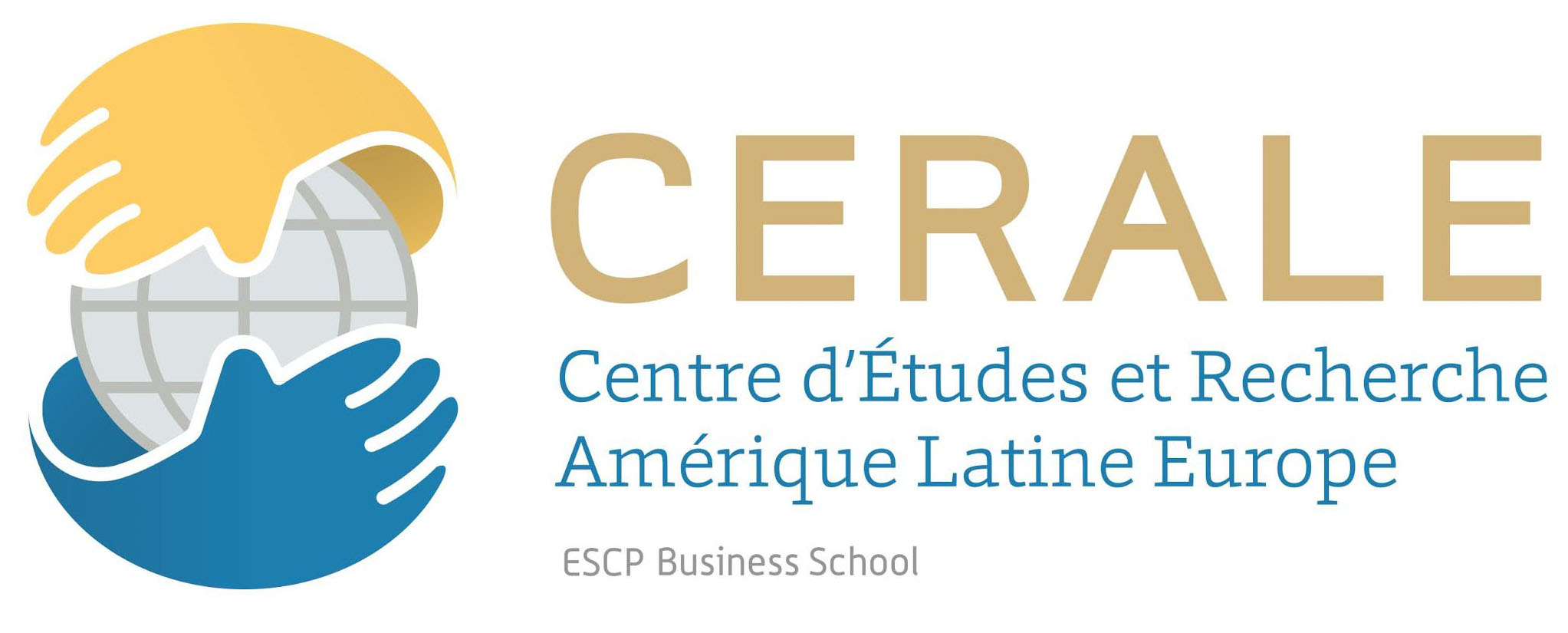Latin American SMEs, and training programmes for their internationalisation
Latin American SMEs, and training programmes for their internationalisation
This study aims to trace, through documented initiatives in nine countries of the region, an overview of university and professional training focused on internationalisation of Small and Medium Enterprises (SMEs). Emphasis is placed on the importance of strengthening the university-company links and of expanding training contents in such a way that they lead entrepreneurs to formulate their strategies beyond their borders. It also highlights the insufficient knowledge of Europe by Latin American economic agents and suggests some ways to correct this.
Cooperation between Latin American, Caribbean and European SMEs is a substantial issue on the bi-regional agenda, as defined by the EU-LAC Foundation. This is attested by the work carried out at the macro and meso level by the EU-LAC Foundation, with the projects on Competitiveness Poles and Industrial Maps of Latin America, and at the micro level by CERALE – ESCP Europe with the support of the Institute of the Americas (IdA) and of the EU-LAC Foundation. Education is also considered as a privileged space for dialogue between the European Union and Latin America and the Caribbean, as it is a major determinant of development and plays a decisive role in socio-economic mobility and employability of individuals. These issues, in fact, are among the main concerns of European, Latin American and Caribbean governments.
In a context of economic slowdown, in which Latin American and Caribbean countries face difficulties to reduce poverty, diversify their economies, add value to their production of goods and services and increase their participation in world trade, the education and training of youth and adults becomes even more urgent.
These two dimensions, internationalisation of SMEs and training of economic agents, are reflected in the present study.
The underlying research was articulated in two phases, both focused on internationalisation of SMEs. The first focused on the analysis of the process of internationalisation of Latin American SMEs, emphasising the barriers they have to overcome to go beyond the domestic market and the perception that their leaders have of the European market. This research was conducted in 2015-2016 and led to the publication titled The Internationalisation of Latin American SMEs and their projection in Europe, available in Spanish and English (https://eulacfoundation.org/es/documentos/la-internacionalizacion- SMEs-Latin-American-and-projection-in-Europe).
The analysis of 225 experiences of internationalisation highlighted how the training and the intensity of the international experience of the leader affect the strategic vision and dynamics of internationalisation of their companies, without prejudice to other factors – reflected in numerous studies carried out by organisms, agencies and academic centres- that highlight the existing relationship between innovation, competitiveness and internationalisation.
This study presents the current status of the main training programmes in the nine Latin American countries under study in phase 1 (Argentina, Brazil, Chile, Colombia, Costa Rica, Ecuador, Mexico, Peru and Uruguay) and whose objective is to the training of entrepreneurs, leaders of SMEs and advanced students to operate in the international market.
It is an exploratory study. Considering the breadth of geographic coverage, it limits itself to analysing, in its broad lines, the most outstanding initiatives in terms of training for the internationalisation of leaders and future leaders, to identify emerging trends and to elaborate recommendations aimed at strengthening the provision for the internationalisation of entrepreneurs and future entrepreneurs
The internationalisation of SMEs is now a concern of all the governments of the region: to a large extent, the ability of Latin American economies to overcome their dependence on primary exports, diversify their export profile and participate successfully in regional and global value chains will depend on it.
This study also aims to suggest ways to bring Latin American SMEs closer to the EU market and allow them to strengthen ties with their European counterparts, thus enriching the bi-regional relationship.
Authors:
RESEARCH TEAM:
Directed by Florence Pinot de Villechenon, CERALE-ESCP Europe and Institut des Amériques.
Lautaro Vinsennau, Universidad Nacional del Centro de la Provincia de Buenos Aires (Argentina and Uruguay)
Edson Luiz Riccio, University of São Paulo, and Jacir Favretto (Brazil)
Soledad Etchebarne, Isabel Torres and Fernanda Beckdorf, University of Chile (Chile)
Luz Marina Ferro Cortés, María Camila Cortés Moreno and Luisa Díaz Botero, Universidad de los Andes (Colombia)
Carlos Ortíz Vargas, INCAE Business School (Costa Rica)
Wilson Araque, Universidad Andina Simón Bolívar, Ecuador Campus, Andrés Arguello and Germán Granda (Ecuador)
Humberto López Rizzo, Université Paris 1 (Mexico)
Andrea Alexandra Vilchez Espejo, University del Pacífico (Peru)

